Keywords: Catholic Church In Australia
There are more than 200 results, only the first 200 are displayed here.
-
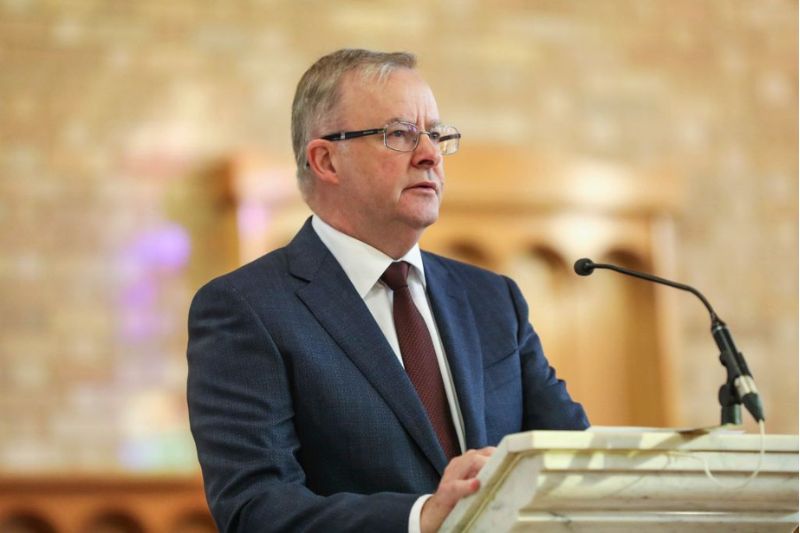
RELIGION
- John Warhurst
- 15 November 2022
16 Comments
Australia is awash with politicians who identify or are identified as Catholic. And Catholic media always take some interest in Catholic politicians whatever their political stripe. But what does this mean to have Catholic politicians from a theologically and ideologically diverse church?
READ MORE 
-
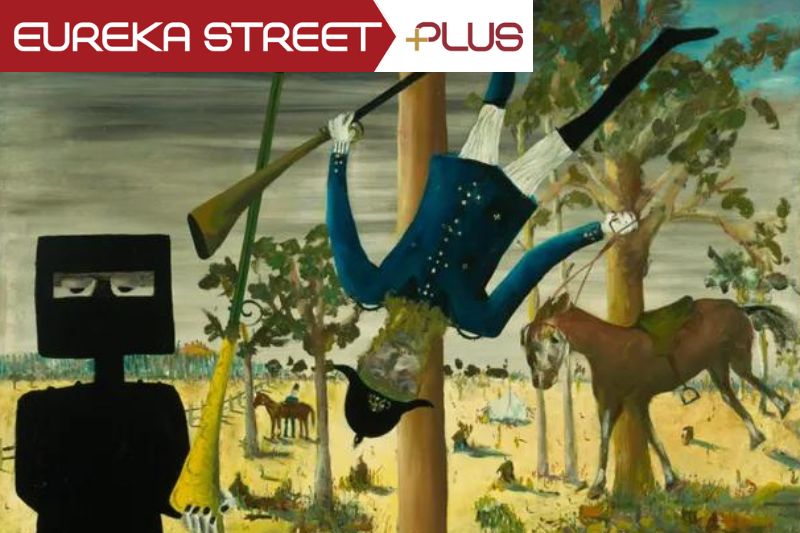
ARTS AND CULTURE
- Andrew Hamilton
- 11 November 2022
3 Comments
In Justice in Kelly Country, author Lachlan Strahan writes on the life of his great-great-grandfather, a policeman whose career stretched over thirty years. When a significant part of that story is intermeshed with such a fiercely contested story as Ned Kelly’s, telling it introduces the further complexities of the writer’s sympathies and judgments.
READ MORE 
-
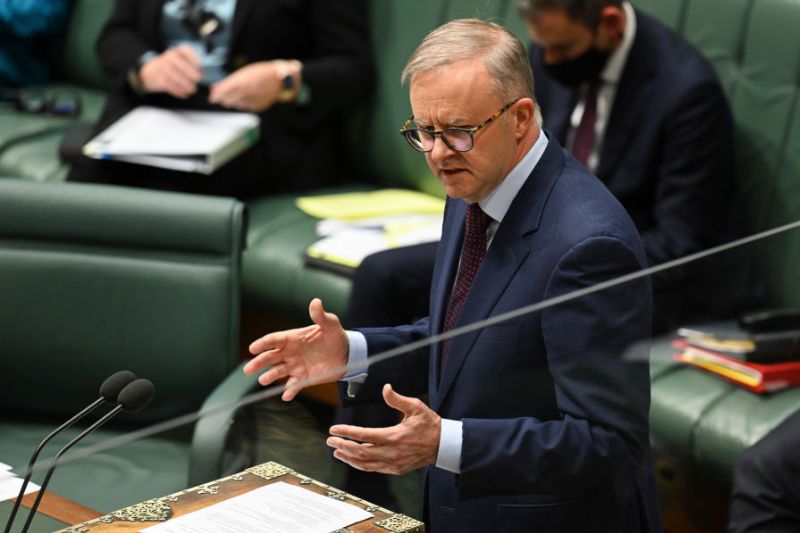
AUSTRALIA
- Frank Brennan
- 28 October 2022
6 Comments
In recent years, Australian policies in relation to asylum seekers and refugees have been unnecessarily mean, cruel and disorganised. The election of the Albanese government provides the opportunity for a reset, putting behind us the past mistakes of both Coalition and Labor Governments in the last 20 years.
READ MORE 
-

RELIGION
- John Warhurst
- 13 October 2022
13 Comments
Freedom of religion, a matter of national interest still to be resolved successfully in the Federal Parliament, has yet again become a focus for the nation’s football codes. The Essendon controversy has demonstrated how it is issues with a religious-cultural component, not economic issues, which most polarize our society and are the most difficult for politics to resolve harmoniously.
READ MORE 
-

AUSTRALIA
- David Halliday
- 10 October 2022
Last week, in a pluralistic and diverse, multi-ethnic, multi-faith society, a person was considered ill-fitting for employment, not because of their track record, but because of their outward association with a mainstream religion.
READ MORE 
-
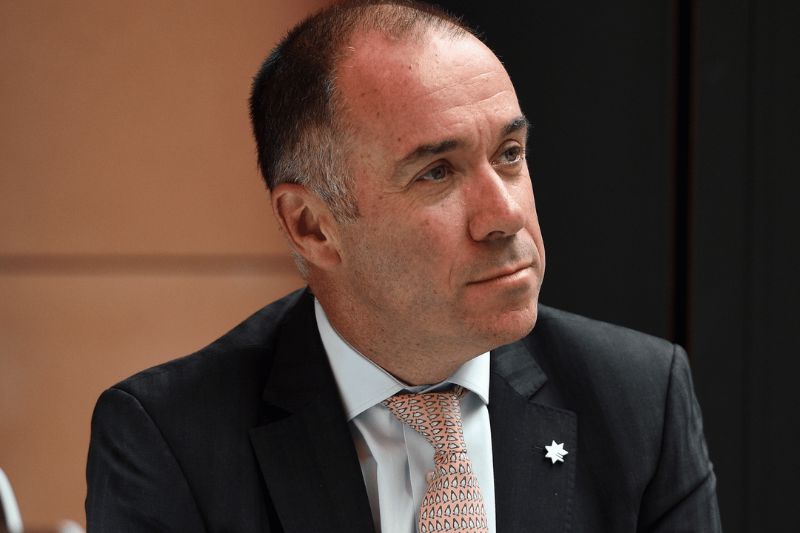
AUSTRALIA
- Chris Middleton
- 10 October 2022
18 Comments
It is highly doubtful that the Essendon Football Club appreciated the reaction that would occur when it presented its new CEO, Andrew Thorburn, with the option of giving up his role as a lay leader in the City on a Hill Anglican Church or resigning from his role with the Club. Even if many were uneasy about how the issue was caught up in the culture wars, it caused widespread concerns amongst people of faith.
READ MORE 
-
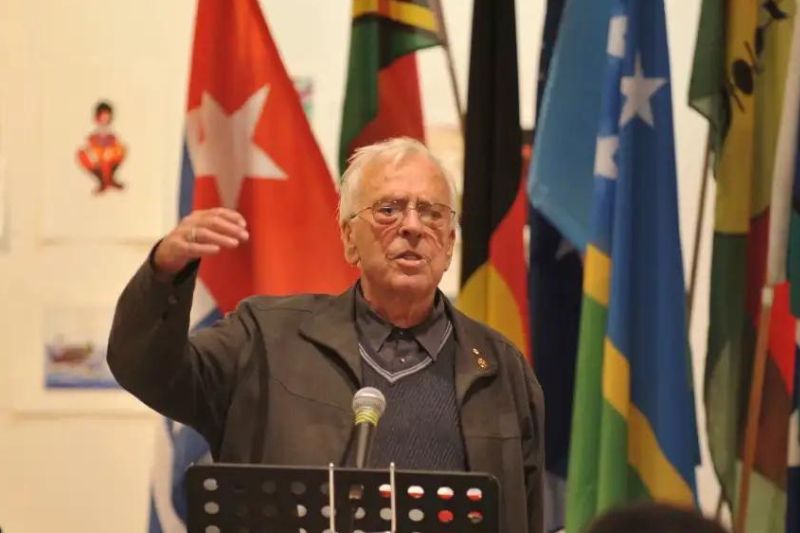
AUSTRALIA
- Andrew Hamilton
- 10 October 2022
8 Comments
Two weeks ago, Bishop Hilton Deakin died. My memories of him are inextricably tied to the Mass he celebrated in 1999 at St Patrick’s Cathedral in Melbourne, certainly the most emotionally charged event that I have seen there, following the violence orchestrated by the Indonesian military following the Referendum on Independence in East Timor. During the struggle for Independence, many East Timorese had joined the Catholic Church.
READ MORE 
-
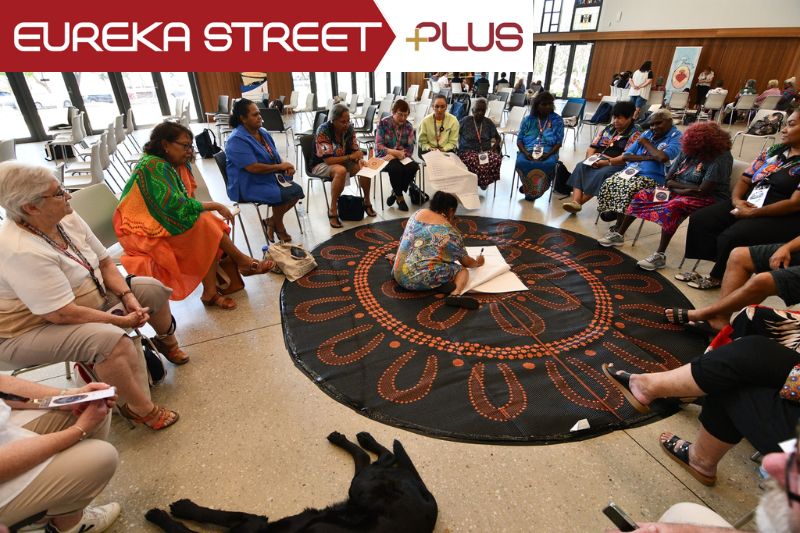
AUSTRALIA
- Michael McVeigh
- 30 September 2022
Too often our society’s approach, and our Church’s approach, to First Nations people is to judge, to destroy, and to impose. But there’s a different logic that sees any encounter between cultures as a gift. That logic seeks understanding rather than offering judgement; it looks for mutual growth rather than destruction; and it gives each person autonomy in choosing their own path forward.
READ MORE 
-

RELIGION
- Paul Collins
- 20 September 2022
5 Comments
The word ‘Catholic’ is derived from the Greek Καθολικός (katholikos) meaning universal, of the whole, and the entire tradition is the very opposite of sectarian, particularist, narrow. It is most truly itself when it’s embracing and inclusive.
READ MORE 
-
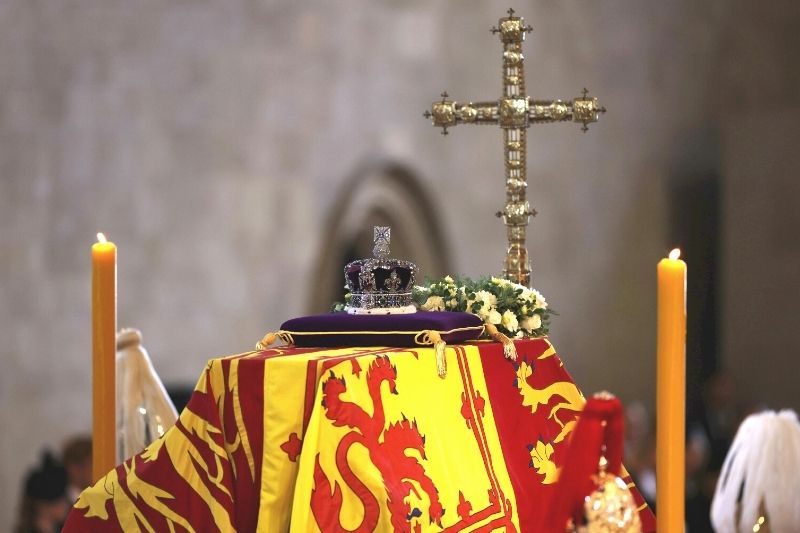
RELIGION
- Miles Pattenden
- 15 September 2022
4 Comments
The Queen’s life of overt public religion — which led her to become perhaps the twentieth century’s greatest Christian evangelist — was grounded in her conviction in the Gospels’ truth. And she interpreted Jesus’ story generously and ecumenically, broadening her role from the narrow Anglican identity of Supreme Governor of the Church of England to become an advocate by example for faiths of every kind.
READ MORE 
-
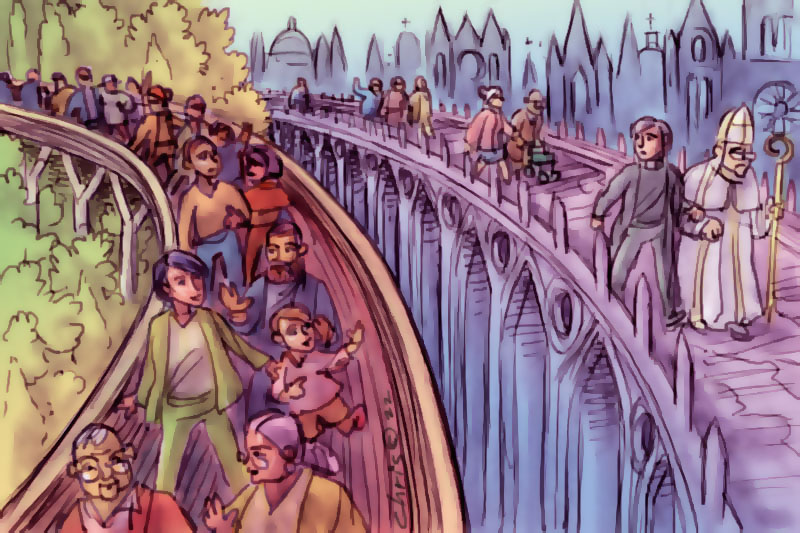
RELIGION
- Tracey Edstein
- 14 September 2022
6 Comments
There is no doubt that the institutional Catholic church has lost ground in the last few decades. But unlike the institutional Catholic church, the parallel church is thriving. As people seek to engage with their beliefs and live their lives of faith more deeply, many have come to embrace a spirituality which, framed by authentic Catholic tradition, encompasses an expanded array of practices.
READ MORE 
-
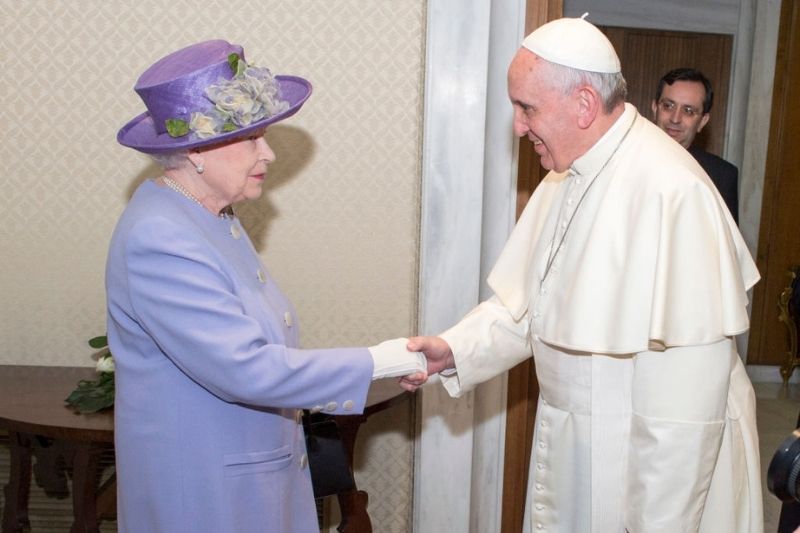
RELIGION
- John Warhurst
- 13 September 2022
7 Comments
Republican sentiments from prominent Australians did not ever preclude great personal admiration for Queen Elizabeth for her devotion and service. Now, following her death, attention has particularly turned to her Christian faith. Following the lead of Pope Francis, the Australian bishops have joined in widespread community admiration. Pope Francis spoke of ‘her steadfast witness of faith in Jesus Christ and her firm hope in her promises’.
READ MORE 